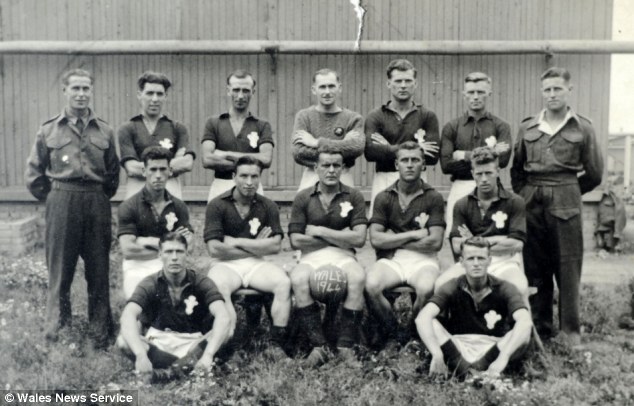Words by Bec Nicol
Whether or not sports existed in concentration camps is not a thought that crosses one’s mind when reflecting on the Holocaust, however, it did, and the word itself had two different meanings in that environment. Whilst sport as we know it existed in these camps, it was also used as a form of torture by the Nazis, the meaning was distorted in these instances as the imprisoned were forced to carry out intense physical exercises with the intent of exhausting and humiliating them.
It is because of this that sport is such a complex topic when spoken about in association with the Holocaust, director of the International Centre for Education about Auschwitz and the Holocaust, Andrzej Kacorzyk said, that “sport was turned into the hate machine”. Jewish people confined in a ghetto in Greece were made to stay in a squat position with their arms stretched forward for prolonged periods of time, and while there are many other examples of physical torture like this, it does not feel right to recount all of the evil and humiliation that was endured.
As was mentioned above, sport had two meanings in concentration camps, one a type of torture and the other sport as it is known today, but just in incomprehensibly different circumstances. One sport that was played it seems in various camps was football. Whilst it was mainly the SS and guards of the camp who played so did a certain type of prisoner in the camp, such as those who were previously professional players or a part of the
Kapo. The Kapo’s were prisoners selected by the SS to supervise their fellow captives. It was a system that aimed to turn victims against each other. Kapos were often permitted to play football as a kind of reward incentive as were the Sonderkommandos, who carried out duties in the crematoria and the gas chambers. It will come as no shock that for those on the opposing team to the Nazis, to win a football match was a dangerous outcome, often resulting in the other, torturous kind of ‘sport’ being forced upon the winners.
There is an unsettling and yet unforgettable quote from Holocaust survivor Tadeusz Borowski who wrote “Between two throw-ins in a soccer game, right behind my back, three thousand people had been put to death.”
It is not my right to decipher how the Jewish, and the many others, such as Gypsy’s, LGTBQ members, socialists, and others imprisoned who had the slim chance to play football felt about the experience. Although the question does pose itself as to whether or not those who did feel like that time on the pitch was a brief moment of escape or distraction from the horror. Auschwitz-Birkenau survivor Ron Jones, a captured British soldier who was sent to the camp, said that “making a save or arguing about an offside was the only way you could stop yourself from cracking up.” So perhaps for some, it was.
Photo credits: Daily Mail, Wales New Service

